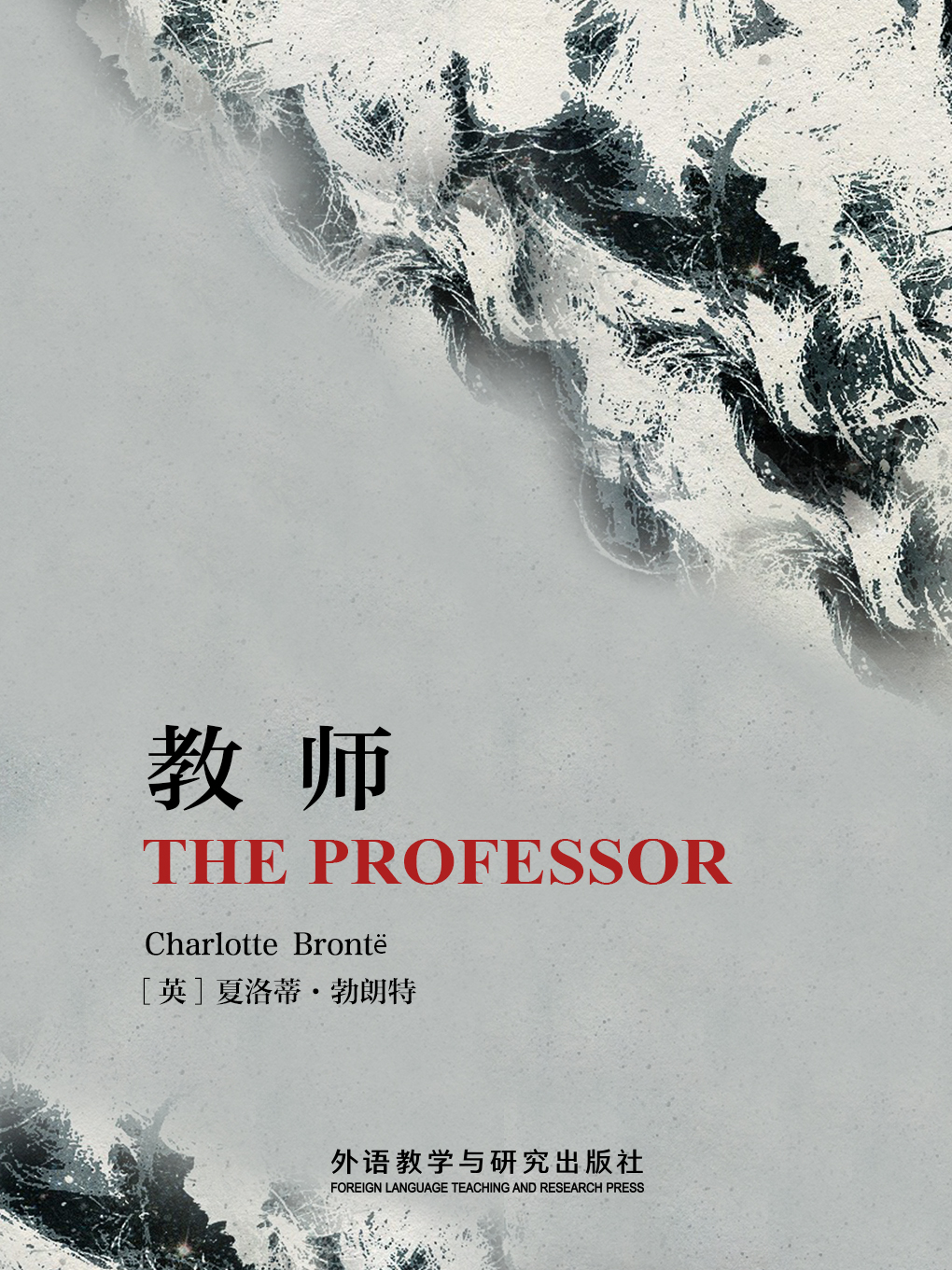人和人之间赤裸裸的利害关系,即冷酷无情的“现金交易”。
相同的命运、相同的地位、相同的性格、相同的情趣,使两颗心发生了撞击,在资产阶级统治时期,激发出纯真的爱情火花。《教师》谱写了英国教师威廉与手工课教员弗朗西丝的爱情赞歌。
The book is the story of a young man, William Crimsworth, and is a first-person narrative from his perspective. It describes his maturation, his loves and his eventual career as a professor at an all-girls school.
夏洛蒂·勃朗特在描写自然景物时,善于用抒情的笔法,作品感情色彩浓厚。
夏洛蒂·勃朗特是十九世纪女性文学创作和女权主义思想的顶峰。
"The middle and latter portion of The Professor is as good as I can write," proclaimed Brontë. "It contains more pith, more substance, more reality, in my judgment, than much of Jane Eyre."
"We read Charlotte Bronte not for exquisite observation of character, not for comedy, not for a philosophic view of life, but for her poetry. Probably that is so with all writers who have, as she has, an overpowering personality, so that . . . they only have to open the door to make themselves felt. There is in them some untamed ferocity perpetually at war with the accepted order of things." —Virginia Woolf
- 第一章
- 第二章
- 第三章
- 第四章
- 第五章
- 第六章
- 第七章
- 第九章
- 第八章
- 第十章
- 第十一章
- 第十二章
- 第十三章
- 第十四章
- 第十五章
- 第十六章
- 第十七章
- 第十八章
- 第十九章
- 第二十章
- 第二十一章
- 第二十二章
- 第二十三章
- 第二十四章
- 第二十五章
- CHAPTER I
- CHAPTER II
- CHAPTER III
- CHAPTER IV
- CHAPTER V
- CHAPTER VI
- CHAPTER VII
- CHAPTER IX
- CHAPTER VIII
- CHAPTER X
- CHAPTER XI
- CHAPTER XII
- CHAPTER XIII
- CHAPTER XIV
- CHAPTER XV
- CHAPTER XVI
- CHAPTER XVII
- CHAPTER XVIII
- CHAPTER XIX
- CHAPTER XX
- CHAPTER XXI
- CHAPTER XXII
- CHAPTER XXIII
- CHAPTER XXIV
- CHAPTER XXV






















 京公网安备 11010802032529号
京公网安备 11010802032529号
笔记加载中...